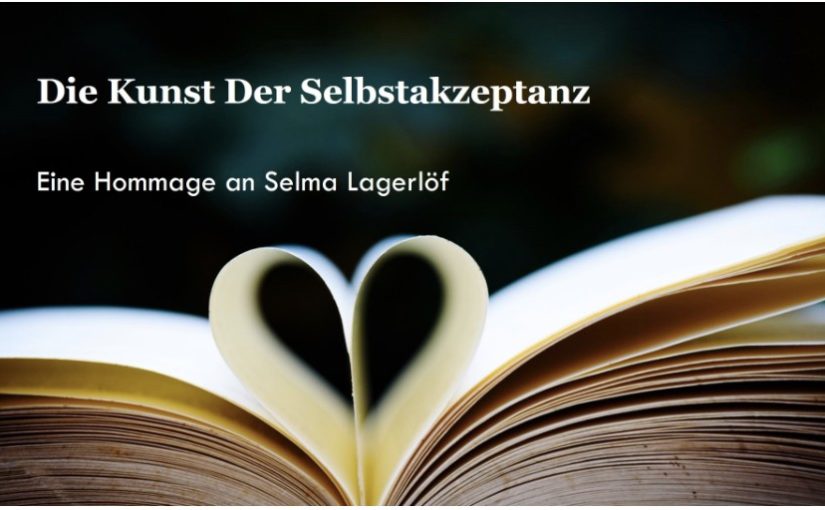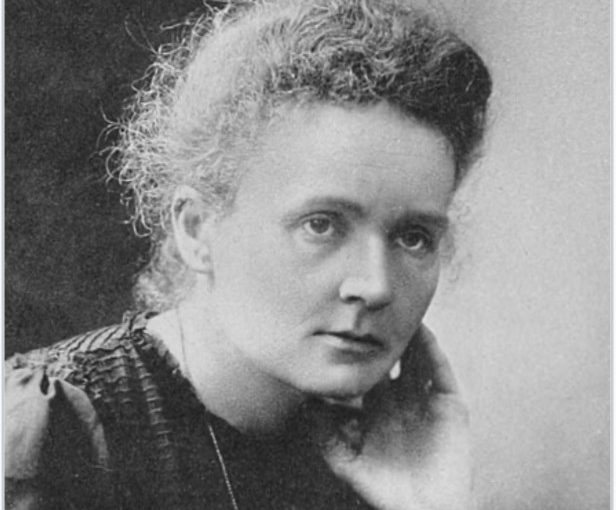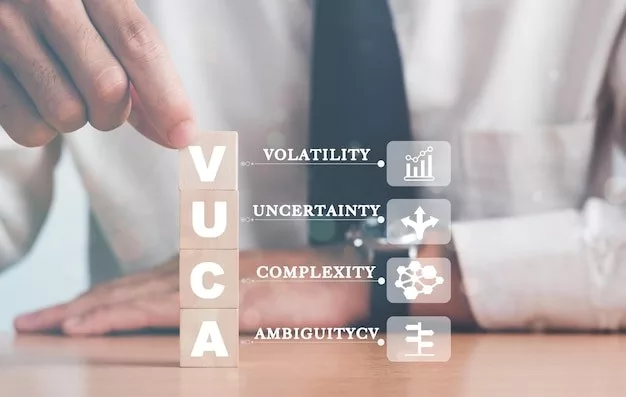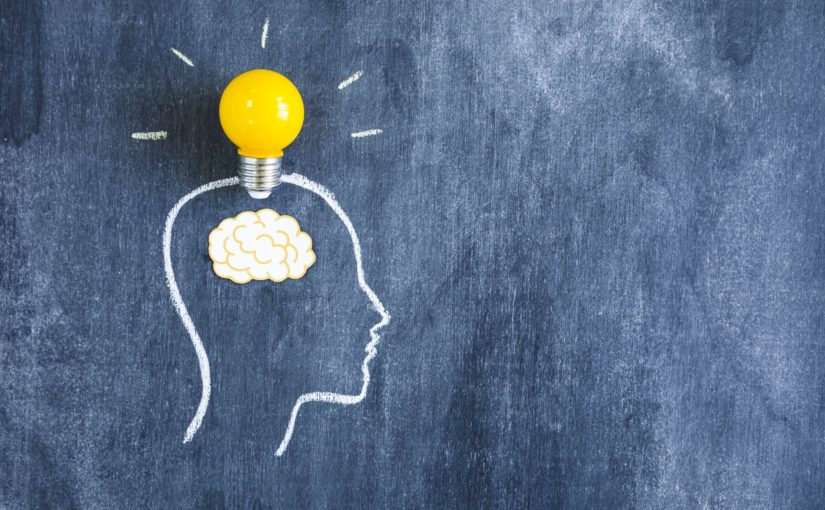Das Zitat für diesen Artikel stammt von Selma Lagerlöf:
„Wer mit sich selbst in Frieden leben will, muss sich so akzeptieren, wie er ist.“
Selma Lagerlöf war eine bemerkenswerte schwedische Schriftstellerin, die unter anderem das berühmte Werk Die wunderbare Reise des kleinen Nils Holgersson mit den Wildgänsen verfasste. Sie war die erste Frau, die den Nobelpreis für Literatur erhielt – ein historischer Meilenstein.
In ihrer Kindheit erlitt Lagerlöf eine vorübergehende Lähmung in den Beinen. Trotz dieser Beeinträchtigung blieb sie lebhaft und neugierig, gerade in einer Phase, in der Kinder die Welt selbst entdecken möchten. Sie wurde zu Hause unterrichtet, was ihr die Möglichkeit gab, sich frühzeitig dem Lesen und Schreiben zu widmen. Obwohl sie Geschwister hatte, war ihre Kindheit oft einsam und von Gleichaltrigen isoliert. Diese Erfahrungen führten dazu, dass sie sich intensiv mit Literatur und dem Schreiben beschäftigte.
Lagerlöf akzeptierte ihre Situation und sich selbst – eine Fähigkeit, die viele von uns anstreben. Die Kunst des Lebens besteht darin, das Beste aus den gegebenen Umständen zu machen. Doch das gelingt nur, wenn wir unsere Situation und uns selbst annehmen, wie wir sind. Sich selbst Vorwürfe zu machen oder anderen die „Schuld“ für schwierige Situationen zu geben, führt selten zu einer positiven Lösung.
Jeder handelt in Momenten des Drucks so gut er kann. Kaum jemand hat die Absicht, das Schlimmste von sich zu zeigen. Wenn wir erkennen, dass jeder in jeder Situation sein Bestes gibt, können wir Frieden mit den Umständen schließen. Das Bewusstsein, dass Handlungen und Verhalten immer im Kontext stehen, ermöglicht es uns, aus Erfahrungen zu lernen.
Wenn wir lernen, mit unseren Situationen im Reinen zu sein, können wir uns selbst akzeptieren und aus dieser Akzeptanz wachsen. Selma Lagerlöf ist ein inspirierendes Beispiel dafür, wie man trotz Herausforderungen seinen eigenen Weg finden kann.









